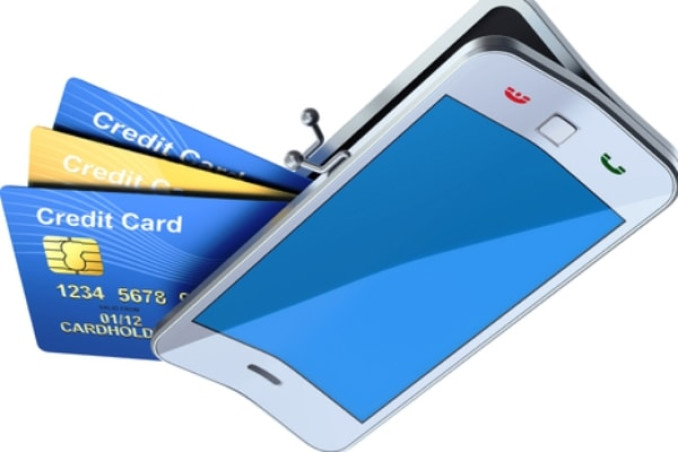Ericsson - Airtime Can Be Used to Boost Uptake of Mobile Money Services

JULY 21,2014.
CIO EAST AFRICA.
At a mobile money conference held recently in Johannesburg, Rajiv Bhatia, Ericsson head of mobile commerce sales for Emerging Middle East and Africa (EMEA), stated that airtime could be used as an incentive to drive the uptake and usage of mobile money services in countries where its growth has been sluggish.
Bhatia further explained that operators and financial institutions could replicate the loyalty programme of credit card providers, through the use of airtime to encourage consumers to use mobile money.
There is an untapped opportunity to drive activity and loyalty in mobile money using mobile prepaid airtime. Airtime can be used to incentivize usage in several ways such as encouraging people to have a minimum amount of money in their wallets and rewarding them with better data and airtime bundles for usage of their mobile money wallets," said Bhatia.
Bhatia stated that Africa is a leading market for mobile money and that millions of people without access to banking services were signing up to use mobile money services.
Operators and financial institutions are battling to trigger activity in dormant wallets. In this context, Rajiv explained that the slow growth of mobile money in South Africa was a result of the expansive ATM and bank infrastructure available, and how this network had done much to address the needs of the population to access and remit cash.
"Yet there are millions more, who are still unbanked. There are fantastic opportunities to grow this business especially among the migrant population, which still uses informal means to remit cash. Banks should forge closer ties with operators, who have an expansive distribution network to encourage adoption and drive usage," said Bhatia.
He emphasised that transparency, education and trust were key to growing the mobile money ecosystem in Africa.
According to the World Bank, almost half the world's adult population - some 2.5 billion people - are unbanked, the majority in emerging markets. For countries where financial inclusion is low, mobile money solutions such as e-money accounts and e-mobile wallets offer a fast way to improve financial inclusion and close the gap.
"We estimate that by 2016, the m-commerce market is expected to reach US $ 800 billion worldwide. Countries such as Kenya, Uganda and Tanzania are already feeling the impact of greater financial inclusion. Today, around nine million Ugandans use mobile banking to exchange, save and spend money, instead of handling cash, reducing both the risk of theft and the need to travel," Bhatia added.
According to Ericsson, an enabling environment needs to be put in place for m-commerce to thrive. This comprises implementing a requisite regulatory framework, driving consumer education and augmenting the local ecosystem capacity.
 Africas leading resource for digital financial services
Africas leading resource for digital financial services


comments